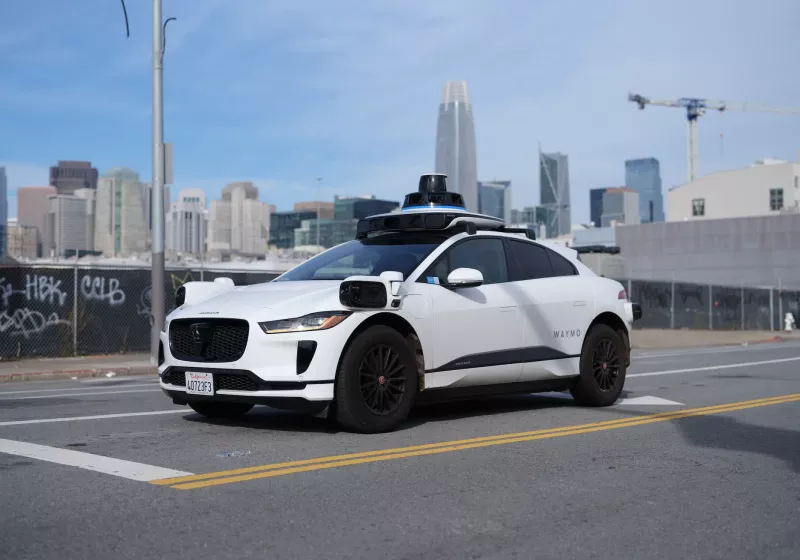Waymo expands robotaxi service to freeways across San Francisco, LA, and Phoenix
PositiveArtificial Intelligence

Waymo's recent expansion of its robotaxi service to include freeways in San Francisco, Los Angeles, and Phoenix represents a pivotal moment in the evolution of autonomous ride-hailing. This development aligns with broader trends in urban mobility, as seen in related discussions about the integration of services like grocery delivery through platforms such as Airbnb in these same cities. As Waymo continues to innovate, the implications for urban transportation and the potential for enhanced service offerings are significant, indicating a shift towards more integrated and accessible mobility solutions.
— via World Pulse Now AI Editorial System